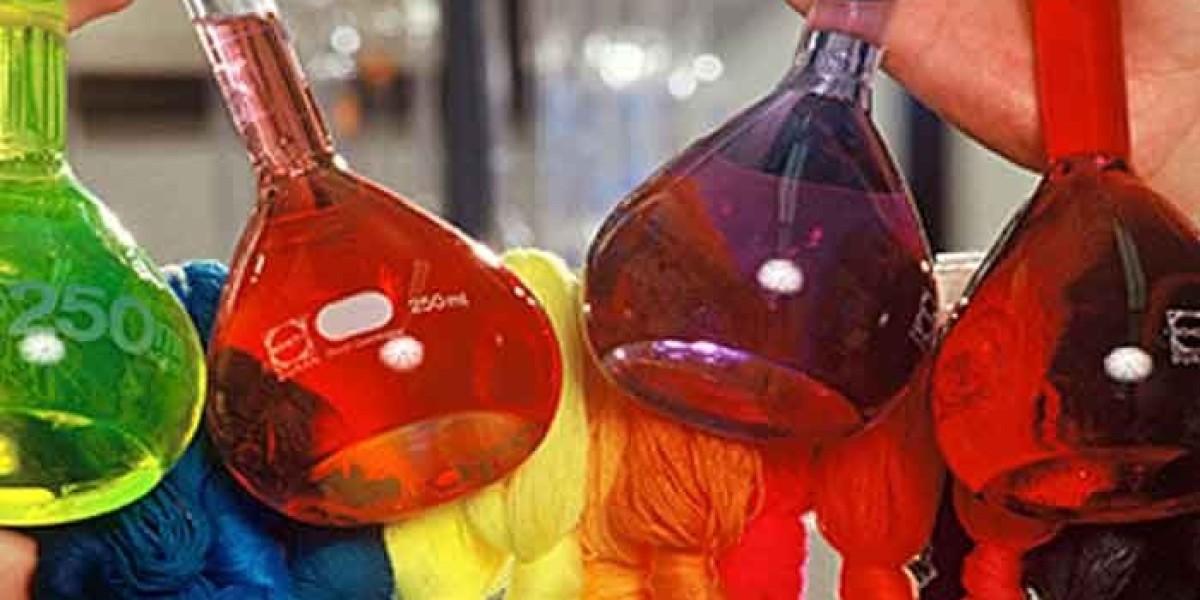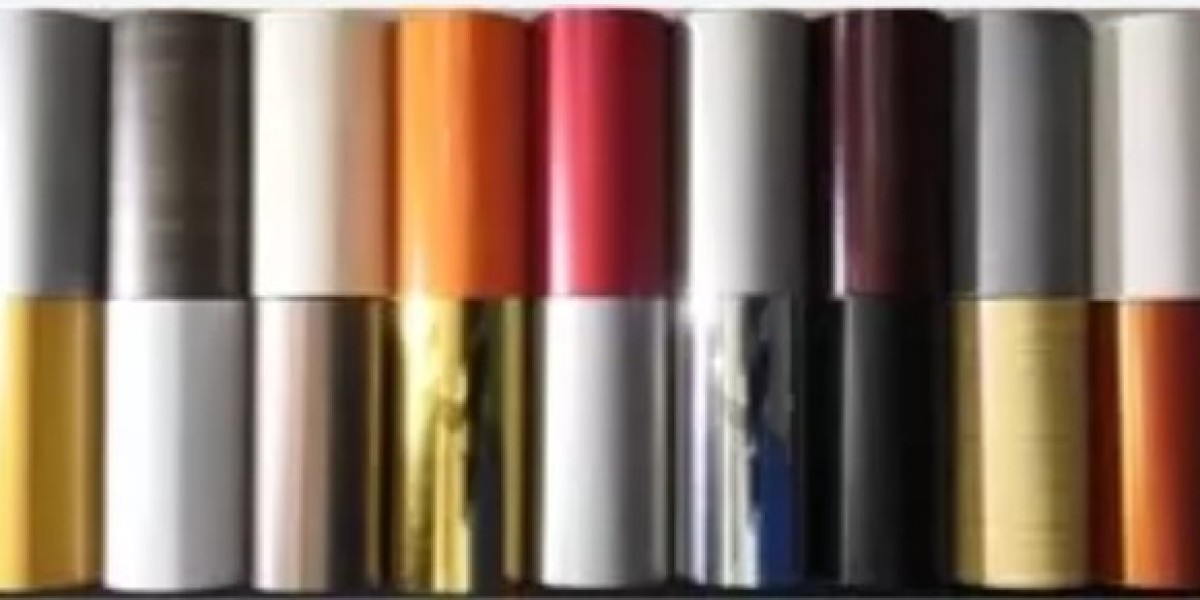Syndicated Analytics’ latest report, titled “Textile Softners Manufacturing Plant Project Report 2024: Industry Analysis (Market Performance, Segments, Price Analysis, Outlook), Detailed Process Flow (Product Overview, Unit Operations, Raw Materials, Quality Assurance), Requirements and Cost ( Machinery, Raw Materials, Packaging, Transportation, Utility, Human Resource), Project Economics (Capital Investments, Operating Costs, Profit Projections, Financial Analysis, Revenue), and Investment Opportunities,” provides comprehensive insights for establishing a textile softeners manufacturing plant. The report covers industry performance, key success factors, risk factors, manufacturing requirements, project costs and economics, expected ROI, and profit margins. It combines desk research and qualitative primary research, making it an essential resource for entrepreneurs, investors, researchers, consultants, and business strategists planning to enter the textile softeners industry.
Textile softeners are chemical agents designed to impart softness and improve the handle or feel of textiles. They are available in various types, including cationic, anionic, and non-ionic softeners, each with unique properties suited for different kinds of fabrics. Textile softeners utilize various materials like silicone, fatty amides, and quaternary ammonium compounds.
They are widely employed in applications such as apparel manufacturing, home textiles, automotive textiles, and sportswear. Textile softeners are also utilized in medical textiles, protective clothing, and industrial fabrics. They offer key benefits such as enhanced fabric softness, reduced static cling, and improved wrinkle resistance.
Moreover, textile softeners are known for their easier ironing, enhanced color retention, better drape, and improved sewing ability. Furthermore, they contribute to the longevity of the fabric, making it more durable and less susceptible to wear and tear.
Request For a Sample Report: https://bit.ly/3wiXq12
Trends and Drivers:
The increasing utilization of textile softeners in the textile industry, driven by rising consumer demand for high-quality and comfortable clothing, is creating a positive outlook for the market. Moreover, rapid innovations in textile manufacturing technologies, such as the adoption of nanotechnology, making it possible to produce more effective and eco-friendly softeners, are bolstering the market growth.
Additionally, the emergence of the e-commerce sector, making it easier for manufacturers to reach a global audience, is driving market growth. In addition to this, the rising disposable incomes and changing lifestyles, pushing consumers to seek textiles that offer superior comfort, are boosting the market growth.
Along with this, the implementation of various government policies and regulations that promote the use of environmentally friendly products and encourage the adoption of green textile softeners is favoring market growth.
Furthermore, the sudden shift towards athleisure wear and performance-oriented clothing, opening new avenues for textile softeners with specific properties like moisture-wicking and odor control, is stimulating the market growth.
Apart from this, the increasing need for specialty textiles in medical applications is another factor positively impacting the market growth.
Report Coverage: The project report includes the following information
Market Overview:
- Market Performance
- Regional Insights
- Key Market Segmentation
- Price Trend Analysis
- COVID-19 Impact
- Market Outlook
- Market Key Players Analysis
Manufacturing Operations:
- Product Description and Insights
- Detailed Process Flow
- Identification of Unit Operations Involved
- Mass Balance Analysis and Raw Material Requirements
- Quality Control
Project Requirements, Details, and Costs:
- Site Development, Location, and Land Requirements
- Plant Layout
- Machinery Requirements and Associated Costs
- Raw Material Requirements and Associated Costs
- Packaging Requirements and Associated Costs
- Transportation Requirements and Associated Costs
- Utility Requirements and Associated Costs
- Manpower Requirements and Associated Costs
Project Financial Analysis:
- Capital Investments Analysis
- Operating Costs Analysis
- Expenditure Projections Analysis
- Revenue Projections Analysis
- Taxation and Depreciation Analysis
- Profit Projections Analysis
- Comprehensive Financial Analysis
Browse the Full Report with Table of Contents: https://www.syndicatedanalytics.com/textile-softners-manufacturing-plant-project-report
Need Customized Project Report?
You can share any particular business requirements that you have, and we will adjust the scope of the report to your needs. The following are some typical customizations that our clients ask for:
- The report may be customized based on the region/country in which you intend to locate your business.
- The production capacity of the facility can be customized in accordance with your needs.
- Suppliers of machinery and prices can be tailored to your requirements.
- Depending on your needs, we may also modify the current scope.
Key Questions Addressed in the Report on the Textile Softeners Manufacturing Project:
- How has the performance of the textile softeners market been thus far, and what can be expected in the upcoming years?
- What is the market segmentation of the global textile softeners market?
- What is the regional distribution of the global textile softeners market?
- What are the price trends of various feedstocks in the textile softeners industry?
- What is the structure of the textile softeners industry, and who are the major players?
- What are the different unit operations involved in the manufacturing of textile softeners?
- What is the total land area required for the establishment of a textile softeners manufacturing plant?
- What is the layout of a textile softeners manufacturing plant?
- What are the machinery requirements for establishing a textile softeners manufacturing plant?
- What are the raw material requirements for setting up a textile softeners manufacturing plant?
- What are the packaging requirements for establishing a textile softeners manufacturing plant?
- What are the transportation requirements for establishing a textile softeners manufacturing plant?
- What are the utility requirements for establishing a textile softeners manufacturing plant?
- What are the human resource requirements for establishing a textile softeners manufacturing plant?
- What are the infrastructure costs associated with establishing a textile softeners manufacturing plant?
- What are the capital costs involved in setting up a textile softeners manufacturing plant?
- What are the operating costs associated with establishing a textile softeners manufacturing plant?
- What should be the pricing mechanism for the final product?
- What will be the income and expenditures for a textile softeners manufacturing plant?
- What is the timeframe required to achieve the break-even point?
- What are the profit projections for establishing a textile softeners manufacturing plant?
- What are the key factors for success and risks in the textile softeners industry?
- What are the essential regulatory procedures and requirements for establishing a textile softeners manufacturing plant?
- What are the necessary certifications required for establishing a textile softeners manufacturing plant?
Our Distinctive Approach at Syndicated Analytics:
- We offer a suite of services that provide comprehensive coverage of global markets, including a market snapshot and regional coverage. We understand the importance of customization and offer tailored reports to meet your individual scope or regional requirements.
- Our research team utilizes exhaustive primary research methodologies, including collaboration with industry players, to gather accurate and reliable information. Additionally, we employ multiple waves of secondary desk-based research to provide a deep understanding of the market. Our analysts cross-validate the findings to ensure the data’s accuracy and validity.
- To provide impactful insights for our clients, we have a vast collection of research databases and data repositories. This allows us to draw from a wealth of information to create the most relevant and up-to-date insights. We are committed to providing high-quality research services to drive our clients’ success.
About Us:
Syndicated Analytics, a subsidiary of IMARC Group, offers consulting services and provides comprehensive market intelligence in the form of research reports, production cost reports, and feasibility studies. Our team, consisting of experienced researchers and analysts from diverse industries, is deeply committed to the quality of the information and insights delivered to the clients, which range from small and medium enterprises to Fortune 1000 companies. These firms are able to achieve this by studying the qualitative and quantitative aspects of the market as well as staying up to date with the current and evolving trends of the industry.
Contact Info:
Katherine Shields
Senior Sales & Marketing Manager
134 N 4th St. Brooklyn,
NY 11249, USA
Phone No: +1-213-316-7435
Website: https://www.syndicatedanalytics.com/
Email Address: sales@syndicatedanalytics.com








